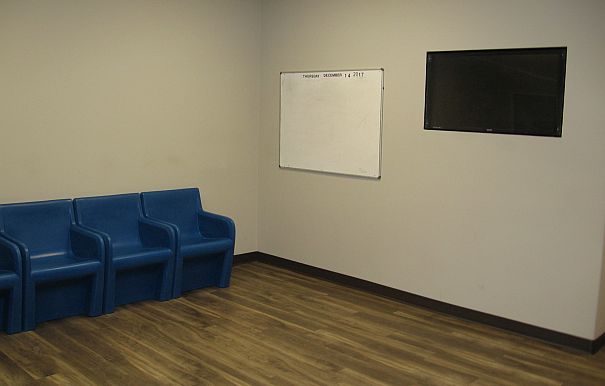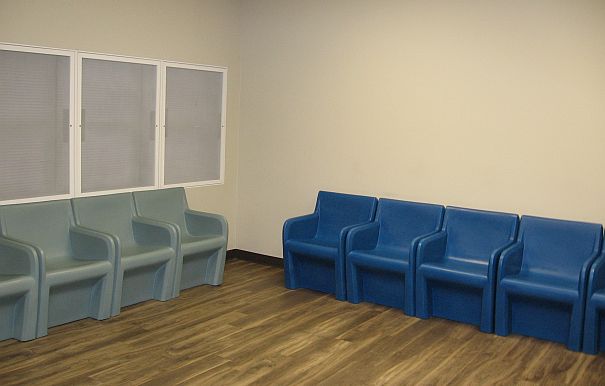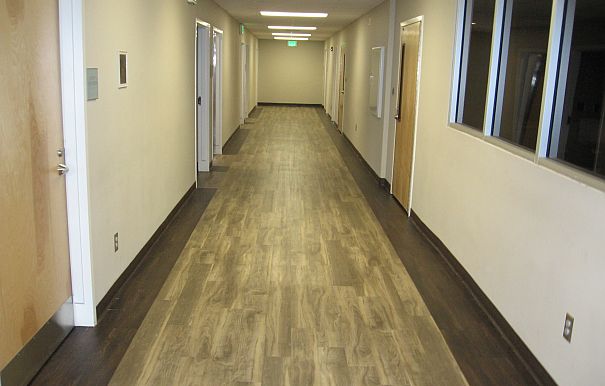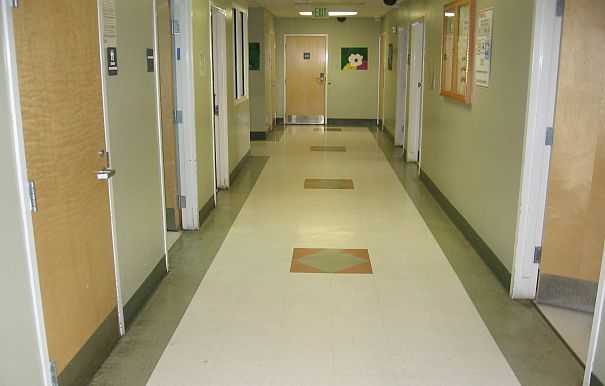Behavioral Health
What is Behavioral Health?
The Tombigbee Behavioral Health Program, which consits of the Adult and Geriatric units, is located inside of Whitfield Regional Hospital. The two units are designed to provide safe, diagnosis centered psychiatric care for patients who continue to live within their community but need additional psychiatric support. The adult unit cares for patinets between the ages of 18-64 whereas the geriatric unit specializes in patients who are over the age of 65. The program is designed to relieve emotional and personal distress for patients suffering from acute issues such as:
- Depression
- Unfounded fears
- Complicated grief
- Unspecified pain
- Mood changes
- Anxiety and panic disorders
- Psychosis
- Reaction adjustment
- Dysfunctional patterns of behavior that impede daily living
The program is a physician supervised program.
Inpatient Hospitalization
Inpatient hospitalization involves stabilizing the crisis that led to the hospital admission. A thorough physical and mental evaluation is completed to determine the cause or causes of the psychiatric problem. All care is provided in a secure and supportive environment with 24-hour nursing care to ensure the well-being of each patient. An average length of stay for inpatient care is 12-14 days, depending on the needs of the individual.
When you get to the Behavioral Health Unit, you can expect a treatment plan that encompasses:
- A thorough physician assessment with diagnosis
- Specialized and supervised care to stabilize your medical condition with supervision
- Medication management
- Specialty nursing care 24 hours a day, seven days a week
- Access to a multidisciplinary care team
- Special day activities
- Therapy to assist with activities of daily living and mobility if needed
- Specialized education sessions for the patient, family and caregivers
- Individual, group and family therapies
- Individualized discharge planning
All treatment is geared to providing the patient and caregivers with the tools needed to maintain functioning in the community and a better quality of life.
WHAT DO YOU MEAN BY NOT NORMAL?
When we say that a person is exhibiting behaviors that are “not normal” we mean they are:
- Exhibiting Suicidal Ideations. This can be from thoughts about how to kill themselves to just a fleeting consideration. This does not include the final act of killing themselves.
- Having thoughts of causing harm to others.
- Wandering away from home or the place where they reside.
- Combative toward their caregivers, family members or friends.
- Disrupting neighbors or others in their community.
- Experiencing altered mental status. This behavior can range from slight confusion to total disorientation.
- Unable to sleep through the night. This can also involve sleep walking or wandering.
- Experiencing hallucinations or delusions
- Refusing to perform activities of daily living, for example, eating, performing hygiene, etc.
- Making multiple inappropriate telephone calls to others including law enforcement to report activities that do not occur.
These abnormal behaviors can be a sign that help is needed. If you see these signs in a loved one, be sure to seek medical advice. When your doctor says your loved one needs specialty Geriatric Behavioral Health Services, we are here to help.
OUR SPECIAL SERVICES
To ensure excellent access and care, we offer:- Free confidential initial consultation to help determine the appropriate level of care.
- Assistance locating the least restrictive environment that can assist meeting individual needs
- Management of a patient’s secondary medical needs
- Certification to admit court committed patients
- One-to-One attention and care as needed on an individual bases
- Experienced psychiatric nurses, techs, and therapists who are accustomed to taking care of love ones who are in a crisis and in need of psychiatric stabilization.
Referrals are accepted 24 hours a day. Physicians, Psychologists, Social Workers, Mental Health Professionals, Social Service Agencies, Residential and Long-Term Care Facilities, Family Members, or Friends may make referrals. The decision regarding admission is made by a psychiatrist.
You are not alone in caring for your elderly parent or loved one.
If you have any other questions that have not been answered in the above sections, please contact us for more information.
Admission
Who can make a referral?
Physicians, psychiatrists, social workers, mental health professionals, social service agencies, residential and long-term care facilities, family members, or friends may make referrals. We are a designated mental health facility by the Alabama Department of Mental Health certified. We are certified to take involuntary admissions. The decision regarding admission is made by a psychiatrist.
More Information
- Alabama Health Care Association
- AARP
- Alabama Department on Aging and Elder Services
- Alabama Department of Senior Services Aging Services Information
- HMO's for Seniors
- Alabama Senior Citizens Resources
- Home Health Agency Compare
Contact
To make a referral call Inpatient: 334-287-2806
<


 >
>

